 Mindfulness, an umbrella term for a range of practices, is about observing your emotions and state of mind, without judgment. This can be done during sitting meditation, walking meditation, activities such as yoga and even while eating.
Mindfulness, an umbrella term for a range of practices, is about observing your emotions and state of mind, without judgment. This can be done during sitting meditation, walking meditation, activities such as yoga and even while eating.
Though few public schools have the budget to hire a full-time mindfulness teacher, many have been introducing mindfulness in the classroom since the coronavirus pandemic shuttered buildings and thrust children into their at times stressful and chaotic home environments. Read more ›
 TikTok in the classroom need not be a distraction that is banned but, rather, it can be a useful tool in helping teachers reach and engage with students on a deeper and more meaningful level. Read more ›
TikTok in the classroom need not be a distraction that is banned but, rather, it can be a useful tool in helping teachers reach and engage with students on a deeper and more meaningful level. Read more ›

 Mindfulness, an umbrella term for a range of practices, is about observing your emotions and state of mind, without judgment. This can be done during sitting meditation, walking meditation, activities such as yoga and even while eating.
Mindfulness, an umbrella term for a range of practices, is about observing your emotions and state of mind, without judgment. This can be done during sitting meditation, walking meditation, activities such as yoga and even while eating.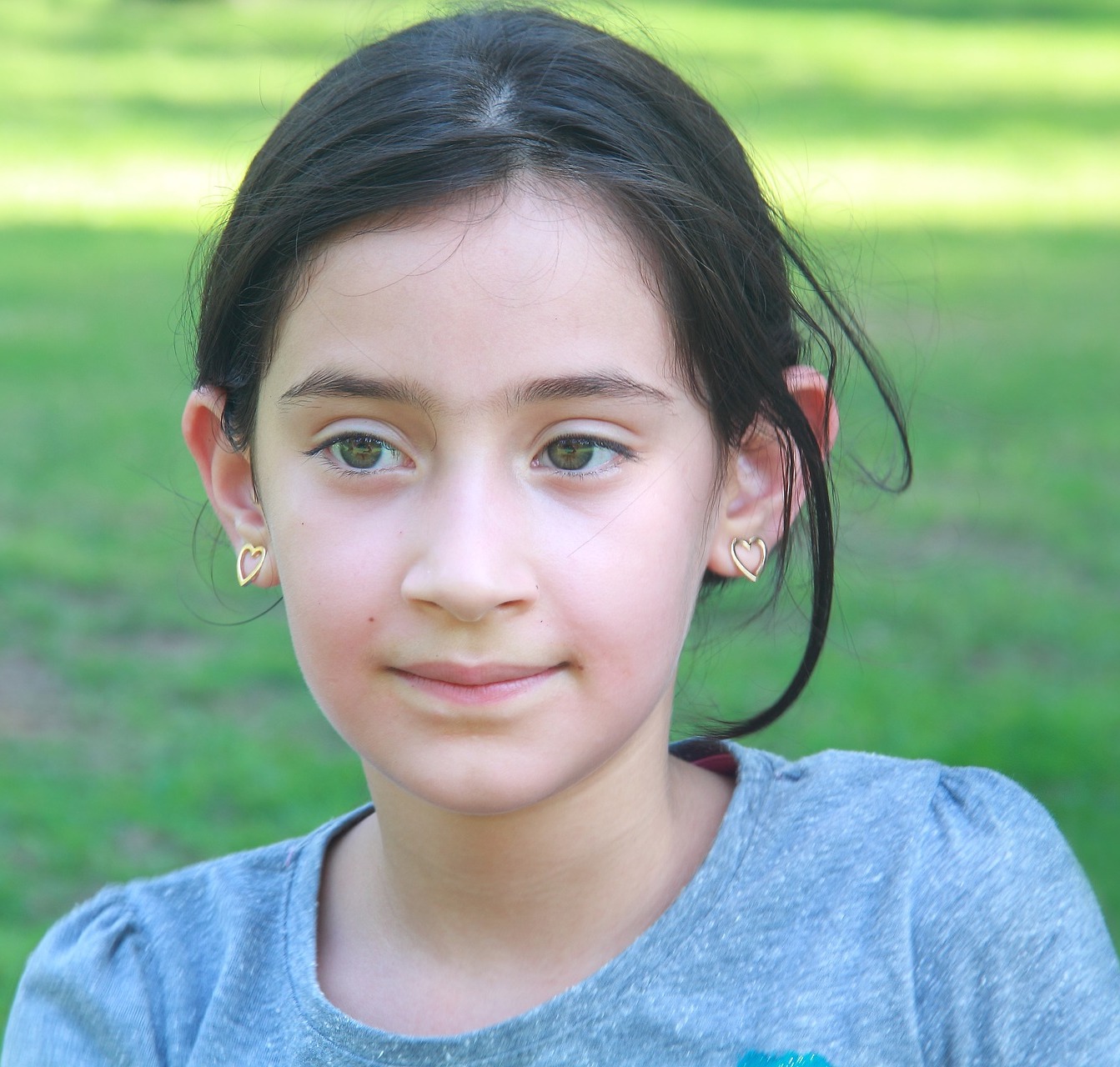
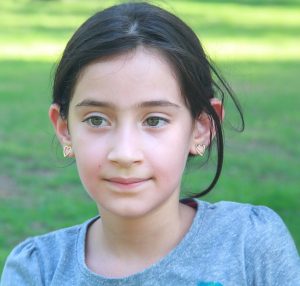 As students return to in-person instruction, their parents may be concerned about the repercussions of the pandemic on their child’s learning. They may raise those concerns with their child’s pediatrician or other medical provider and arrive at your district with a prescription for an evaluation, specific services, or an IEP from the doctor.
As students return to in-person instruction, their parents may be concerned about the repercussions of the pandemic on their child’s learning. They may raise those concerns with their child’s pediatrician or other medical provider and arrive at your district with a prescription for an evaluation, specific services, or an IEP from the doctor. 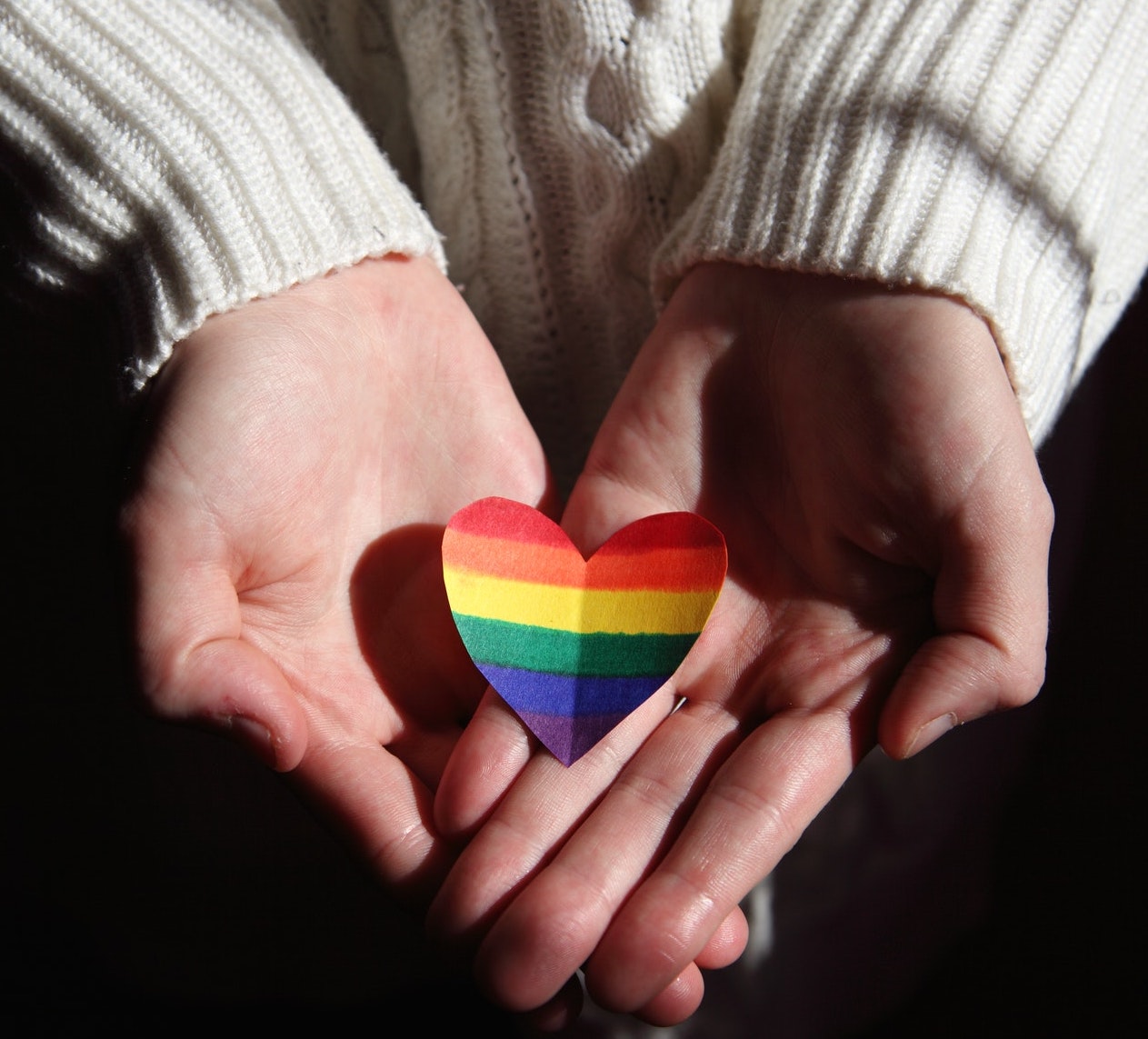
 LGBTQ students who go to a school with a GSA on campus reported they were bullied less often on points aside from their gender or sexual orientation.
LGBTQ students who go to a school with a GSA on campus reported they were bullied less often on points aside from their gender or sexual orientation. 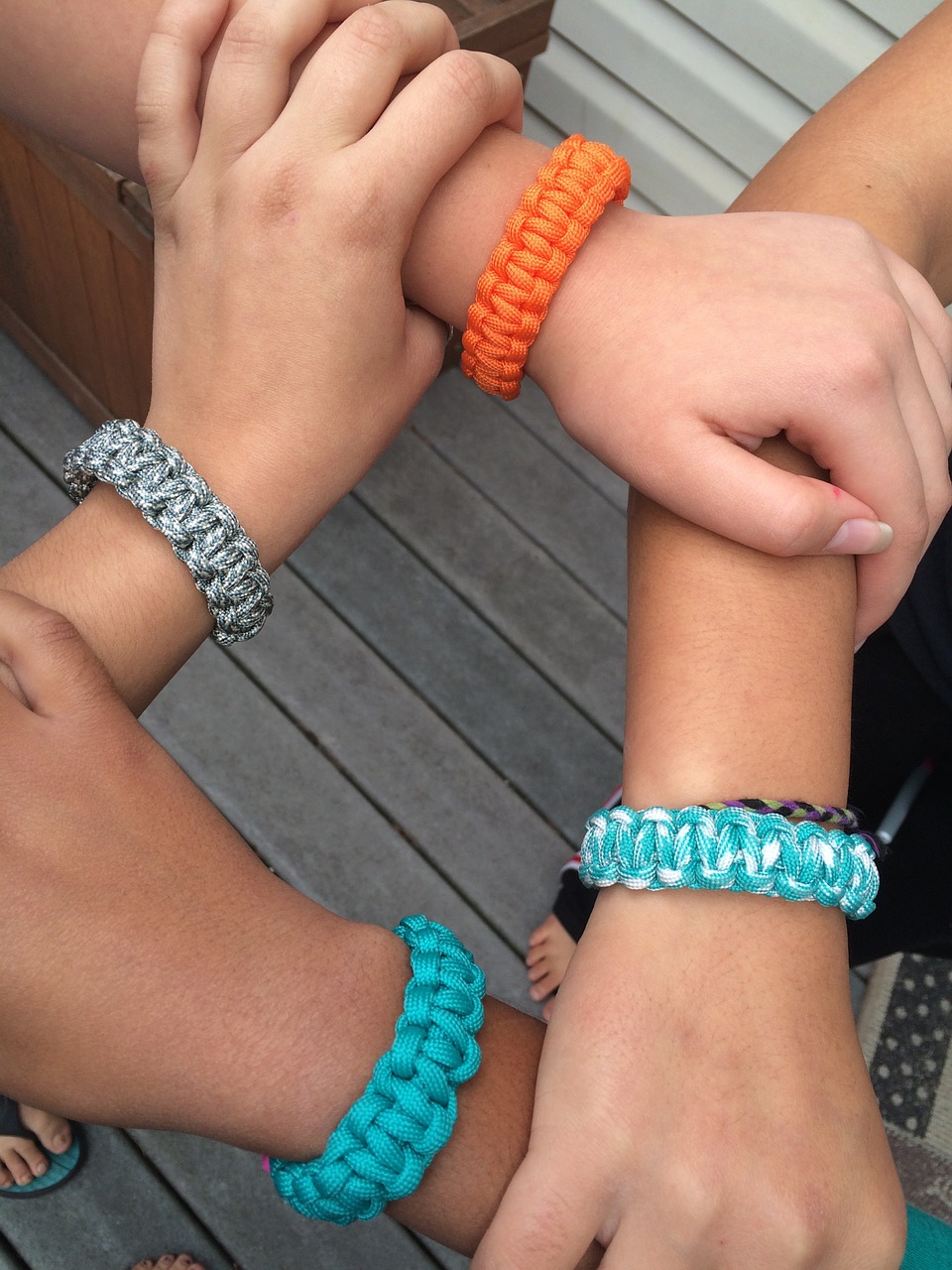
 Recent research has confirmed two things many teachers have long believed to be true. First,
Recent research has confirmed two things many teachers have long believed to be true. First, 
 In two new guidance documents issued in October, 2020, federal education officials clarify issues facing both young children with disabilities and those transitioning to adulthood amid the pandemic.
In two new guidance documents issued in October, 2020, federal education officials clarify issues facing both young children with disabilities and those transitioning to adulthood amid the pandemic. 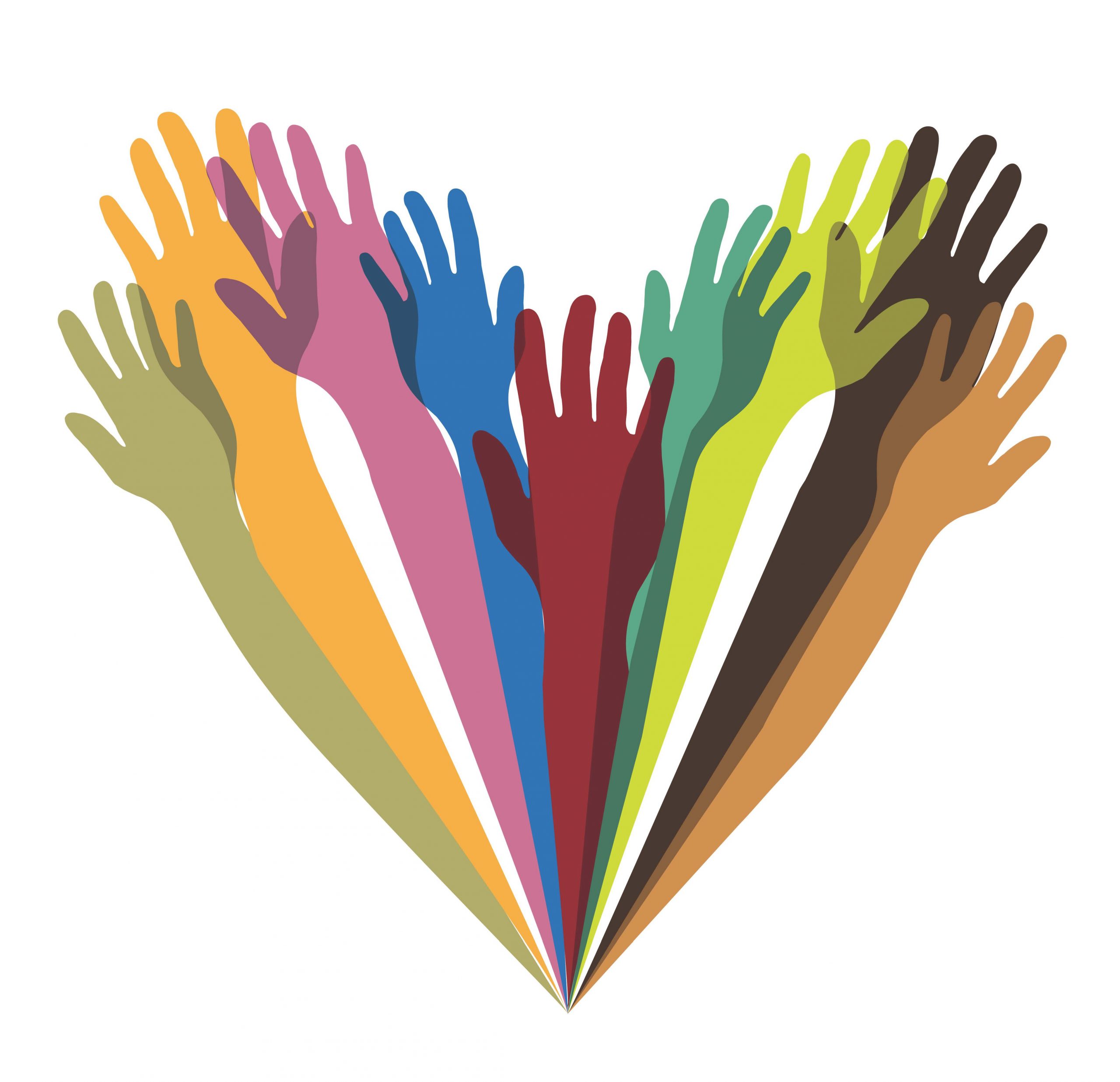
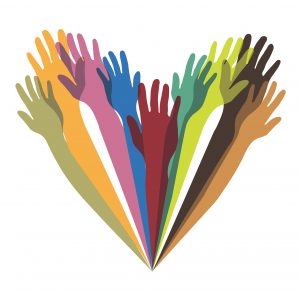 The term “student agency” continues to be at the forefront of the educational discourse around the world. By encouraging children to have more control over their learning, educators hope students will leave our classrooms and schools with a range of skills that will support them in being lifelong learners, engaged humanitarians and empathetic people.
The term “student agency” continues to be at the forefront of the educational discourse around the world. By encouraging children to have more control over their learning, educators hope students will leave our classrooms and schools with a range of skills that will support them in being lifelong learners, engaged humanitarians and empathetic people.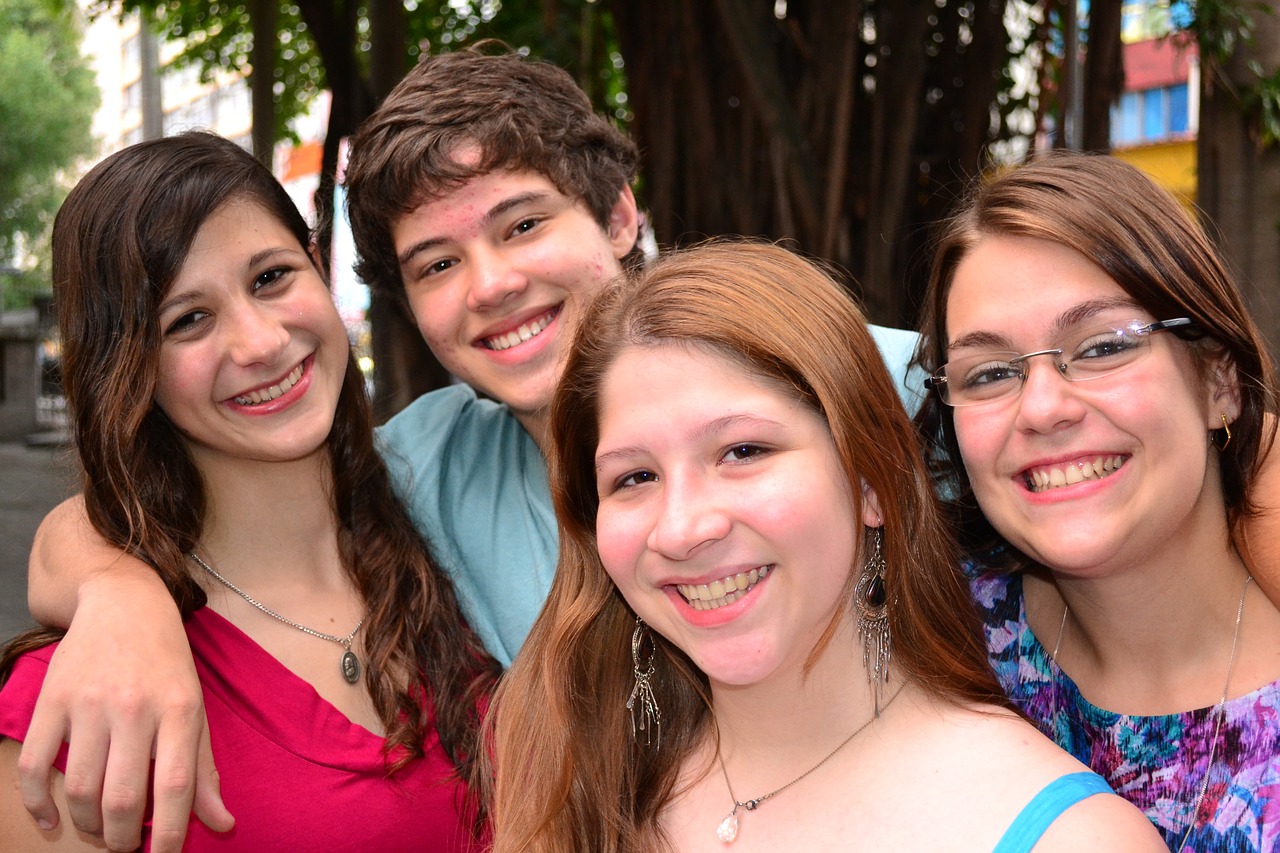
 In elementary school, it’s common to have social and emotional lessons built into the curriculum, and the research shows that they have a strong, positive impact on student outcomes and school climate. But a 2019
In elementary school, it’s common to have social and emotional lessons built into the curriculum, and the research shows that they have a strong, positive impact on student outcomes and school climate. But a 2019 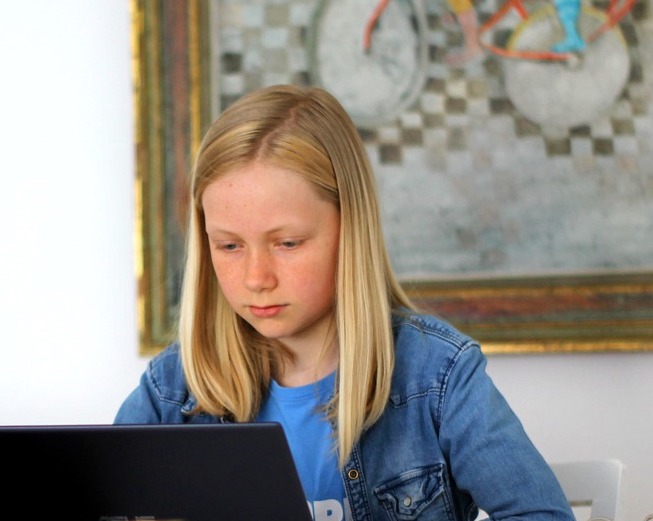
 Dyslexia interventions can be replicated virtually
Dyslexia interventions can be replicated virtually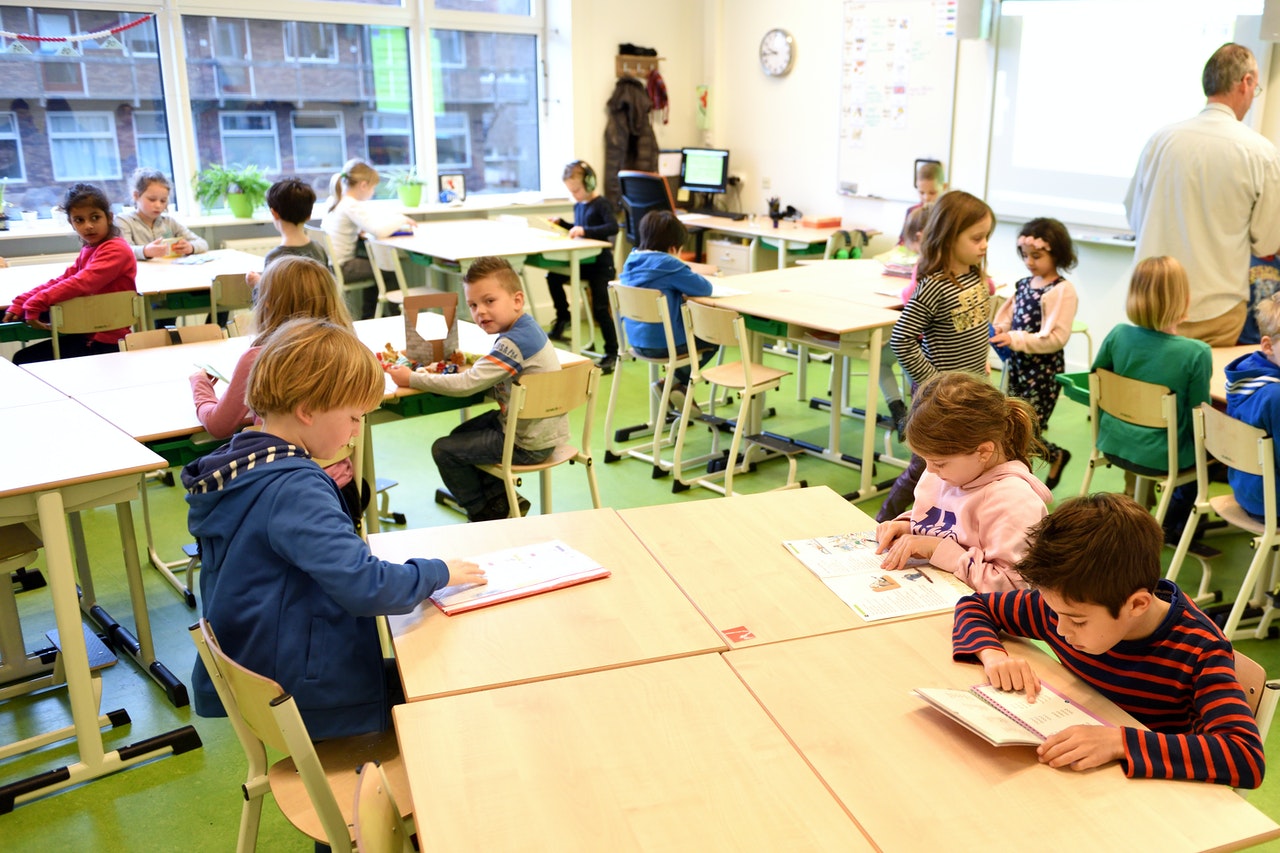
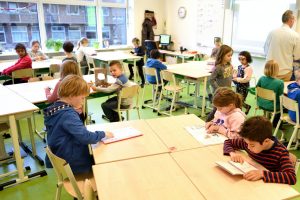 The growing acknowledgement of racial injustice and systemic racism is leading school districts, schools and individual teachers across the nation to examine and, in some cases, change their policies and approaches. Others, however, don’t know where to start or worry their actions will have no impact.
The growing acknowledgement of racial injustice and systemic racism is leading school districts, schools and individual teachers across the nation to examine and, in some cases, change their policies and approaches. Others, however, don’t know where to start or worry their actions will have no impact. 

